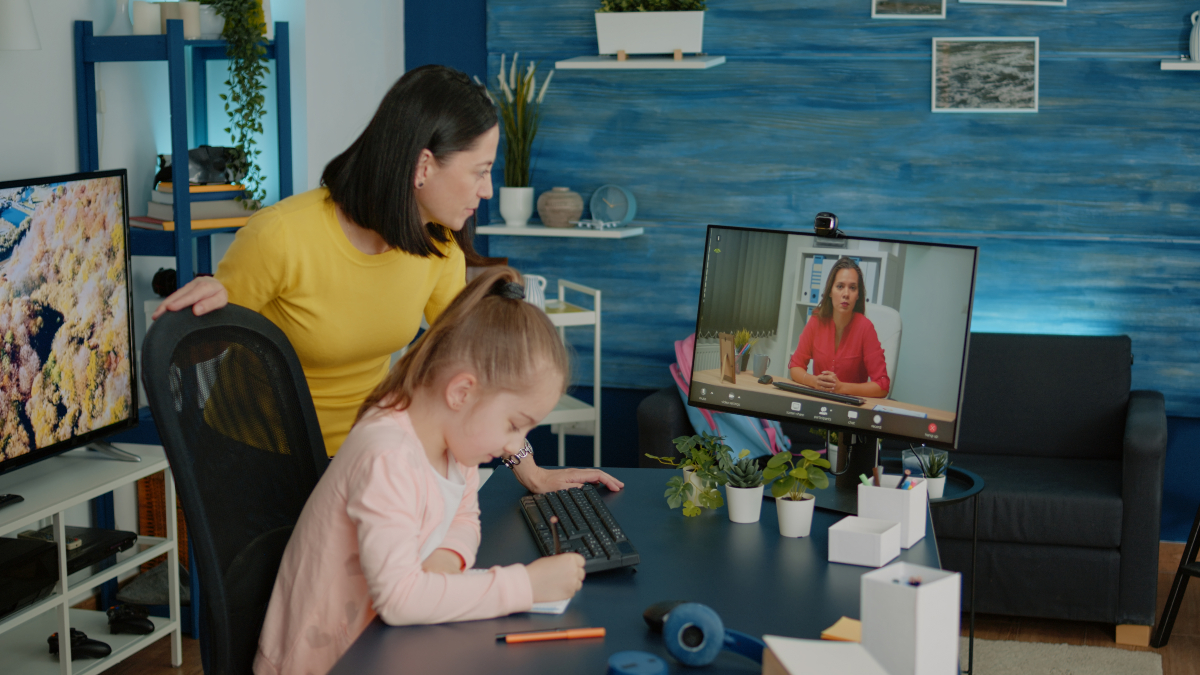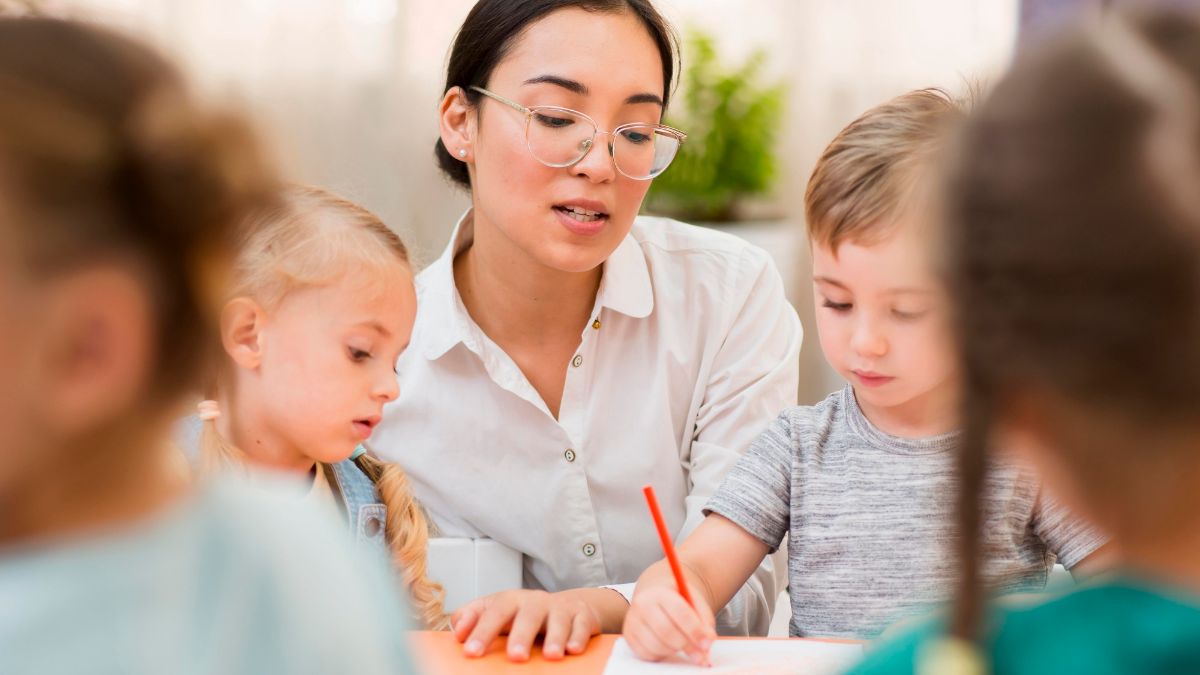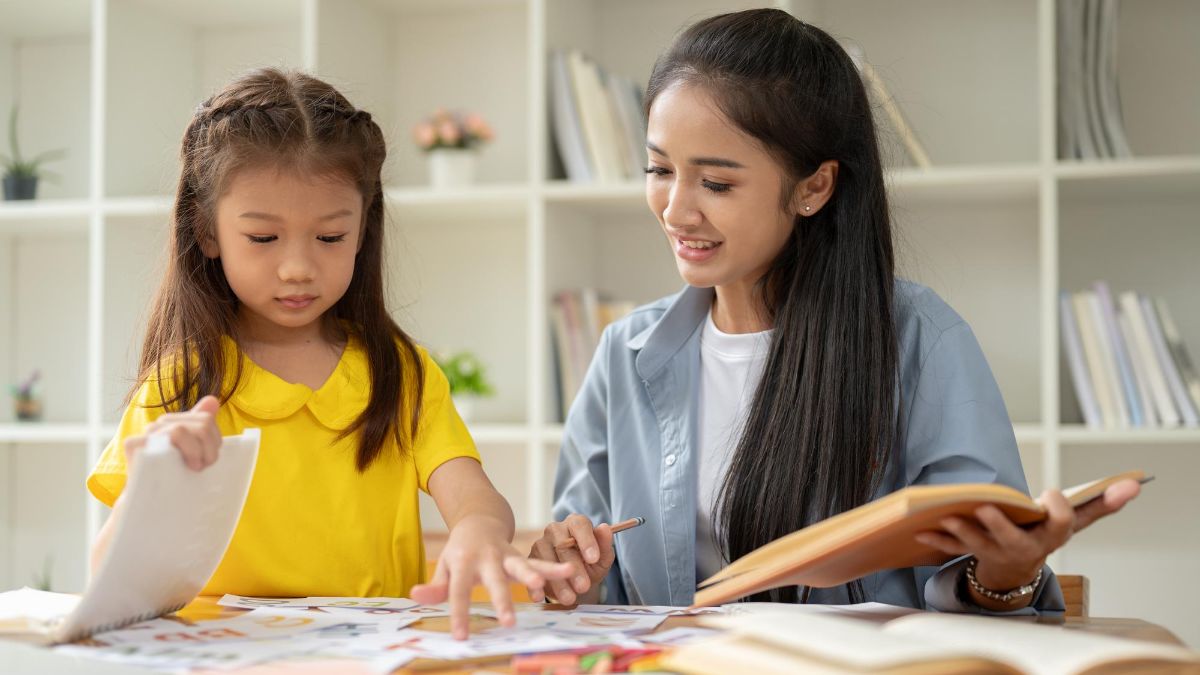
The old proverb, it takes a village to raise a child, is one you’ve likely heard. If you think back to your own childhood, who had the most important role in your life? Likely your parents or guardians, and a close second or even nearly equal at points, you teacher. As a teacher, your relationships with the parents of your students are very important to the children’s success. Here’s why:
Creating Community
You may very well know of Bronfenbrenner’s Ecological Systems Theory, which is widely used as a model for understanding childhood experiences inside and out of the classroom. Bronfenbrenner posited that a child’s life is a complex system of relationships directly impacted by the environments that surround them, from familial and school community to the larger culture. How these relationships work together can have a largely positive or negative effect on the child’s development. As teachers, our relationships with our students and their families are some of the most foundational relationships, making them integral to the child’s well-being and healthy development.
Fostering Academic Success
It has long been understood that there is a connection between a parent’s involvement in their child’s school life and the child’s academic achievement. When parents and teachers work in partnership, children’s work habits, attitudes toward school, and grades all improve. Together, parents and teachers can create more engaging experiences for students, resulting in increased interest in classroom academics from the child. Additionally, the parent-teacher relationship creates an opportunity to recognize, plan and tackle areas where the child may need additional support.
Cultivating a Personalized Approach
Every child is different, every family is different, and every classroom is different. The parent-teacher relationship helps to address opportunity gaps, especially for those who often go underserved. Yet carving out extra time in our busy schedules can be less than idealistic. However, thanks to modern technology, parents and teachers that have access to a smartphone, tablet, or computer can connect virtually through a parent communication app, a web application that allows families and teachers to keep in touch outside of the classroom. Parents can share important information and keep informed on what’s happening at school. Teachers can share homework, events, and what’s happening in the classroom. Having this sort of connectivity allows the parent and teacher to plan and facilitate according to the needs of the child.
Promoting Emotional Well-Being
When our parents were children, and even when we were children, society did not have the mental health language, understanding, and support that today’s children and families are able to access. Today we understand the significance of mental and emotional wellness in a child’s development, and we know that childhood adverse experiences can have lasting impacts on a child’s mental health later in life. This is why it is so important to create safeguards to protect and promote emotional well-being, since with the right support children thrive, demonstrating fewer behavioral problems, greater social competency, and better adaptability to new and changing situations.
Teachers often play more than the role of educator. While the nature of your role may exceed the limits of your title, connecting with parents is important and allows you, as the teacher, to find ways to give your students the very best!




